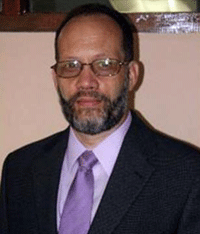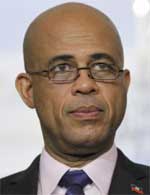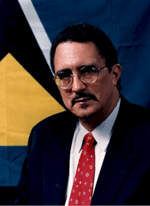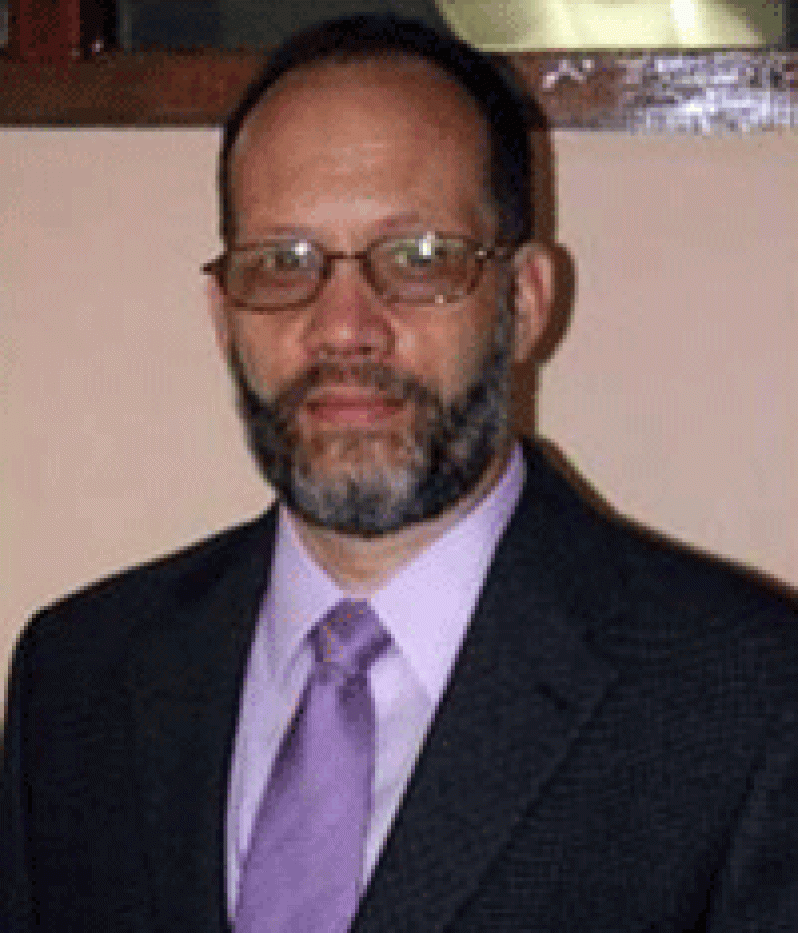THE RECENT announcement by the Secretary-General of the Caribbean Community Irwin LaRocque, of fresh efforts to restructure the management of the regional economic integration movement, would most likely raise new questions about the commitment of Heads of Government to honour implementation of decisions unanimously adopted.
We are now into the second week of 2013, and as far as I am aware, NO Head of Government of the 15-member Caribbean Community and Common Market has made any
 |
 |
 |
public statement that offers new thinking that could encourage confidence-building for the future of our regional economic integration movement.
Apart from customary political platitudes among the Heads of Government about the “value” of CARICOM in a rapidly changing globalised political and economic environment, there has been pitiful absence of meaningful assurances to stem the tide of rolling cynicism over lack of NEW efforts to make a reality of the promised seamless regional economy (CSME) that was originally presented as the “flagship project” of a Community now entering its 40th anniversary of establishment.
The Prime Minister of St. Lucia, Dr Kenny Anthony, was seemingly too immersed with serious domestic social and economic challenges — in particular a critical fiscal deficit problem inherited from the previous one-term United Workers Party administration of then Prime Minister, Stephenson King — to devote much time to challenges within CARICOM during his six-month stint as Community Chairman.
Now the current Chairman is Prime Minister Michelle Martelly of Haiti, who will host the coming Inter-sessional Heads of Government Meeting in Port-au-Prince, scheduled for next month. He will function in that capacity until the regular annual Community Summit in July, possibly in Trinidad and Tobago.
Crowded as President Maretlly is with Haiti’s quite daunting social and economic challenges, and himself a relative ‘newcomer’ to dealing with CARICOM’s stubborn implementation deficit problems, it would be unrealistic to expect much of significance during his six-month tenure as Chairman of CARICOM.
The reality
Amid this reality, the Secretary-General of the Community, Irwin LaRocque, chose to inspire optimism in a post-Christmas media statement with the announcement that “restructuring of the CARICOM Secretariat will be one of the priorities in 2013…”
Revamping the administrative structure of the Secretariat has been on CARICOM’s agenda for many years, and proved quite elusive under the long leadership provided by the now retired Edwin Carrington.
Numerous reports offering a variety of recommendations, starting with specific proposals in the 1992 West Indian Commission Report, have been submitted, discussed and shelved while the rhetoric on “restructuring” management kept recurring.
Secretary-General LaRocque, who, to his credit, has been showing quite an active profile in meetings with various stakeholders across the Region to encourage support for the Regional integration movement, has indicated that the proposed restructuring process would be implemented in accordance with recommendations from the United Kingdom-based consultancy firm, Landell Mills, and funded by the British government.
LaRocque said he intends to “start in earnest the change (restructuring) process for the transformation process that our Heads of Government have mandated…”
Wish you luck! Mr LaRocque, with the promised ‘transformation process’ in the interest of a better future for CARICOM. A whole lot of Caribbean citizens are just waiting to exhale.
Changing the pattern
However, while we await the envisaged ‘progress’ in promised efforts to achieve needed changes in the administrative structure of the Community Secretariat, perhaps the governments of member countries could initiate some moves of their own with a view to replacing pessimism with optimism by changing the pattern of leadership provided.
For example, it is felt in some quarters that in the absence of any official word on the success, or otherwise, of the functioning of the committee of CARICOM ambassadors to improve communication and actions, perhaps each member government should also consider having, within their respective Ministry of Foreign Affairs, a desk officer or section working on a regular basis to keep track on the gap between approved decisions and implementation processes, as they relate to the so-called ‘four pillars’ of CARICOM — trade and economic integration; functional cooperation; foreign relations and security.
The implementation deficit looms large within CARICOM, and it would be an understatement to observe that the Heads of Government Conference — the primary organ of the community — must simply cease substituting promises for action when it comes to making a reality of unanimously adopted decisions.
They know that the Council of Ministers, as the second most important decision-making organ, cannot make decisions that conflict with theirs. The sooner the Heads of Government come to terms with the frustration being fostered by poor leadership, then this moment of truth could make a whole lot of difference for the better of CARICOM.
Simply put: What qualitative difference could result from proposals to restructure the administrative architecture of the Secretariat and its relations with a network of Regional institution agencies, if the Heads of Government continue to drag their feet; to be reluctant to move collectively in ensuring implementation of unanimously adopted decisions?



.jpg)








